
My top 5 language AI books
Language AI is one of the most challenging areas of artificial intelligence, one where mainstream AI is far from coming near human-level performance, because it needs world knowledge to be solved (AI complete).
The shortcomings of modern machine learning approaches can be explained by the low efficiency of artificial neural networks. Because natural evolution is mainly driven by efficiency, I developed a strong interest for biologically inspired natural language understanding, hence the following book recommendations.

Compliance in your marketing? It's more necessary than you think
Recently, a report conducted by PFL and Demand Metric -- which surveyed nearly 600 marketing professionals across a variety of different industries -- revealed data accuracy, understanding audience needs, and branding as the three most important factors to multichannel marketing campaign success.
Data is critical for marketers conducting multichannel marketing campaigns because it’s used to personalized messages and reaching prospects at the right moment in their customer journey. When marketers rely on and analyze data within multichannel marketing initiatives and campaigns, they can measure and improve strategies in real-time, allowing for better, more segmented outreach. Without data to inform campaigns, marketers might as well write a message on a paper airplane and throw it out the window.

Businesses need to take Teams security seriously
Microsoft Teams has been one of the winners of the pandemic, with usage in December 2020 estimated at 115 million daily users, growing from 32 million in early March.
But this success has also made Teams a tempting target for hackers. Cloud security specialist Avanan has released a new report, based on analysis of nearly 200 enterprise customers, looking at the risks of using teams and how to combat them.

Ubuntu-based Linux Mint 20.1 'Ulyssa' is here with Cinnamon, MATE, and Xfce
It's a new year (thank goodness), and for 2021, I am happy to say we already have a new version of Linux Mint. Yes, folks, you can now download Linux Mint 20.1. Called "Ulyssa," it is available with your choice of three desktop environments -- Cinnamon, MATE, and Xfce.
Linux Mint 20.1 is based on the rock-solid Ubuntu 20.04 LTS and Linux kernel 5.4. It will be supported until 2025 and comes with an all-new unified filesystem layout. For the desktop environments, Xfce is at version 4.14, MATE is at 1.24, and Cinnamon is 4.6.

65 percent of companies say cloud migration is a top priority
A new survey finds that 85 percent of IT decision makers are planning to up their budgets for 2021, with 65 percent of companies indicating that cloud migration is a top priority.
The study by automated cloud migration company Next Pathway shows most companies are in the early stages of moving to the cloud and 94 percent say application migrations will be performed over multiple months or years.
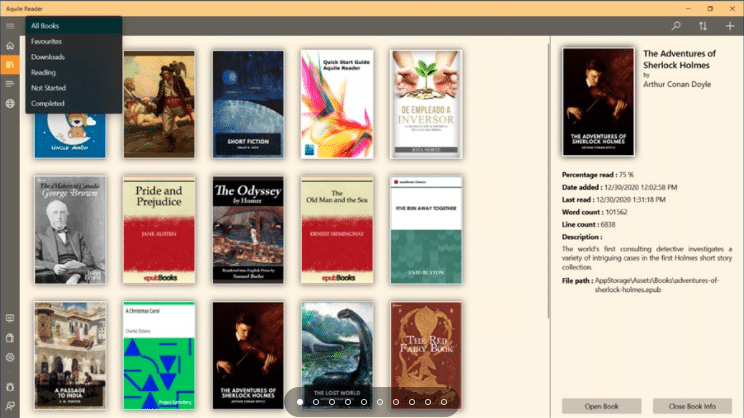
Best Windows 10 apps this week
Four-hundred-twenty in a series. Welcome to this week's overview of the best apps, games and extensions released for Windows 10 on the Microsoft Store in the past seven days.
It is still possible to upgrade earlier versions of Windows -- Windows 7 and Windows 8.1 to be precise -- for free to Windows 10.
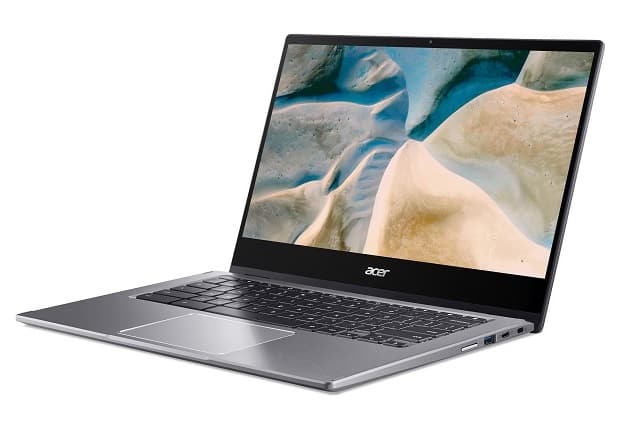
Acer Chromebook Spin 514 is powered by AMD Ryzen with Radeon graphics
Earlier today, we told you about the Samsung Galaxy Chromebook 2. This laptop is notable for being much more affordable than its predecessor while retaining its elegance. With that said, Samsung is not the only company making premium Chromebooks. In fact, as the Chromebook market matures, more and more manufactures are putting increased focus on their designs.
Acer is a company that has long supported the Chromebook community, offering many great machines over the years. Today, the company unveils the Chromebook Spin 514 and it is very intriguing. While the laptop appears to be nothing special on the outside, it is the internals that are exciting. You see, the Spin 514 is powered by AMD Ryzen APUs which feature Radeon graphics
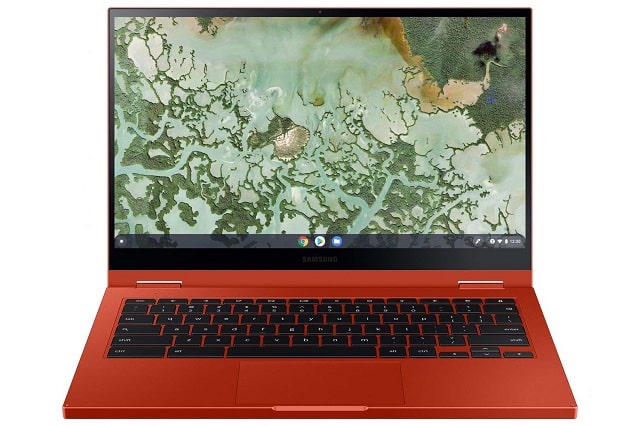
Samsung unveils Galaxy Chromebook 2
Chromebooks are great laptops, and I recommend them all the time. Long gone are the days where a Windows computer was necessary. Quite frankly, most homes would be better served by a computer running the Linux-based Chrome OS than any Microsoft operating system. While power users and gamers may want to stick with Windows (for now), the average user should without question buy a Chromebook instead.
Best of all, Chromebooks are no longer just underpowered laptops -- many have great specifications and elegant designs. For instance, last year, Samsung launched the beautiful Galaxy Chromebook. Today, the company unveils the sequel, and it is quite impressive. Called "Galaxy Chromebook 2," the convertible laptop has a QLED touch display with FHD resolution. Samsung promises an enhanced audio experience too.

Satechi launches a quartet of backlit Mac keyboards and an aluminum iPad stand
Last year, Apple released new Mac computers powered by the company's own M1 processors. Not only are there new MacBook Air and MacBook Pro laptops, but a new Mac mini desktop too. I am fascinated by the new Apple Silicon processors, so last week, I bought my very own Mac mini. Guess what? It is a phenomenal computer that I love very much so far.
The problem with the Mac mini, however, is it doesn't come with a keyboard or mouse. This is by design, as Apple hopes Windows users will replace their current desktops with the little Mac -- simply reusing existing keyboards, mice, and monitors. Unfortunately, a Windows keyboard is not ideal for a Mac. Will it work? Yes, but it doesn't have the exact same keys, such as "COMMAND." And so, Mac mini buyers would be wise to buy a Mac keyboard.
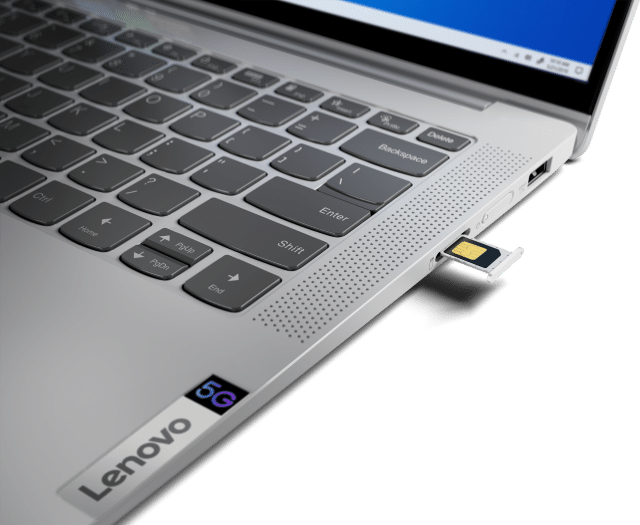
Lenovo announces new hardware to improve connected experiences
With many people working from home and relying on the internet more than ever to run their personal lives, there's greater focus on the quality of online experience.
In the run up to next week’s virtual CES, Lenovo has announced a range of new devices aimed at providing better and more personalized connectivity. Among the highlights is a 5G-enabled laptop for those with out access to fast home broadband.
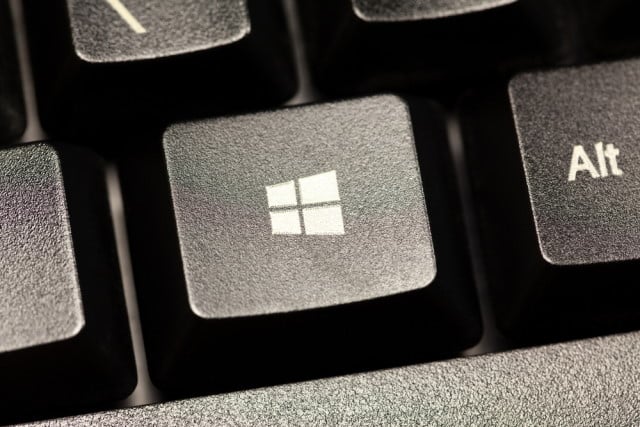
WSL distros can now run Linux commands on startup in Windows 10
Windows Insiders who install the latest build of Windows 10 are being treated to a powerful new option in WSL (Windows Subsystem for Linux) -- the ability to run Linux commands when a distro starts up.
The new feature can be used to run things such as environment configuration scripts and more. This is an extremely versatile option that will be welcomed by power users, as well as anyone interested in taking their usage of Windows Subsystem for Linux to the next level.

Why Salesforce is no Microsoft competitor [Q&A]
Late last year Salesforce acquired Slack for $27.7 billion, a deal that has caused major waves within the enterprise software market as pundits try to forecast how the chat app fits under the Salesforce umbrella and whether this is an attempt to challenge Microsoft for the enterprise.
We spoke with CoreView CEO Shawn Lankton, whose company is not only a Microsoft Gold partner but whose SaaS management platform supports enterprises that operate cloud and hybrid environments. He gave us his thoughts on Salesforce's motivation behind the sale and how it will shape the enterprise software world.

Microsoft simplifies its Windows File Recovery app
It is now around six months since Microsoft launched its own command line data recovery app. The Windows File Recovery Tool offers a way to get back deleted files, but it came in for some criticism for not being particularly easy to use.
This is something that Microsoft is now working to address, bringing a massively simplified approach to the app, greatly increasing ease of use and user friendliness.
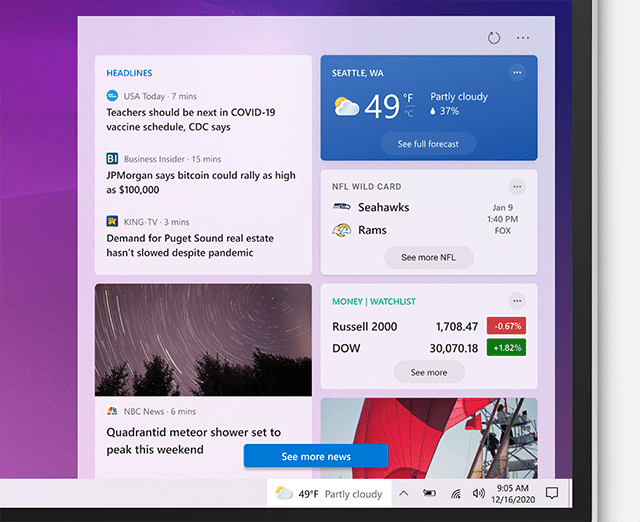
Microsoft releases Windows 10 Build 21276 with news and interests on the taskbar
After a brief hiatus for the holidays, Microsoft today rolls out a new Windows 10 preview build for those Insiders in the Dev Channel.
Build 21286 is being offered to all Dev Channel testers and brings with it a major change to the Windows taskbar -- the addition of a 'news and interests' feed.

Roku has more than 50 million active accounts and celebrates with a giveaway
There are many streaming boxes nowadays, such as Apple TV and Chromecast with Google TV. Both of those are great options, but they are hardly the most popular. The average consumer typically chooses different devices, such as the Amazon Fire TV or a Roku.
Speaking of Roku, today, the company announces it has hit a major milestone. You see, there are now more than 50 million active Roku accounts! This is quite impressive, as Roku is facing more competition than ever before, including smart TVs with integrated streaming services.



